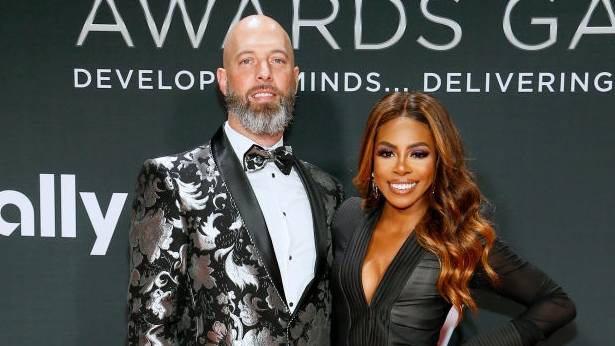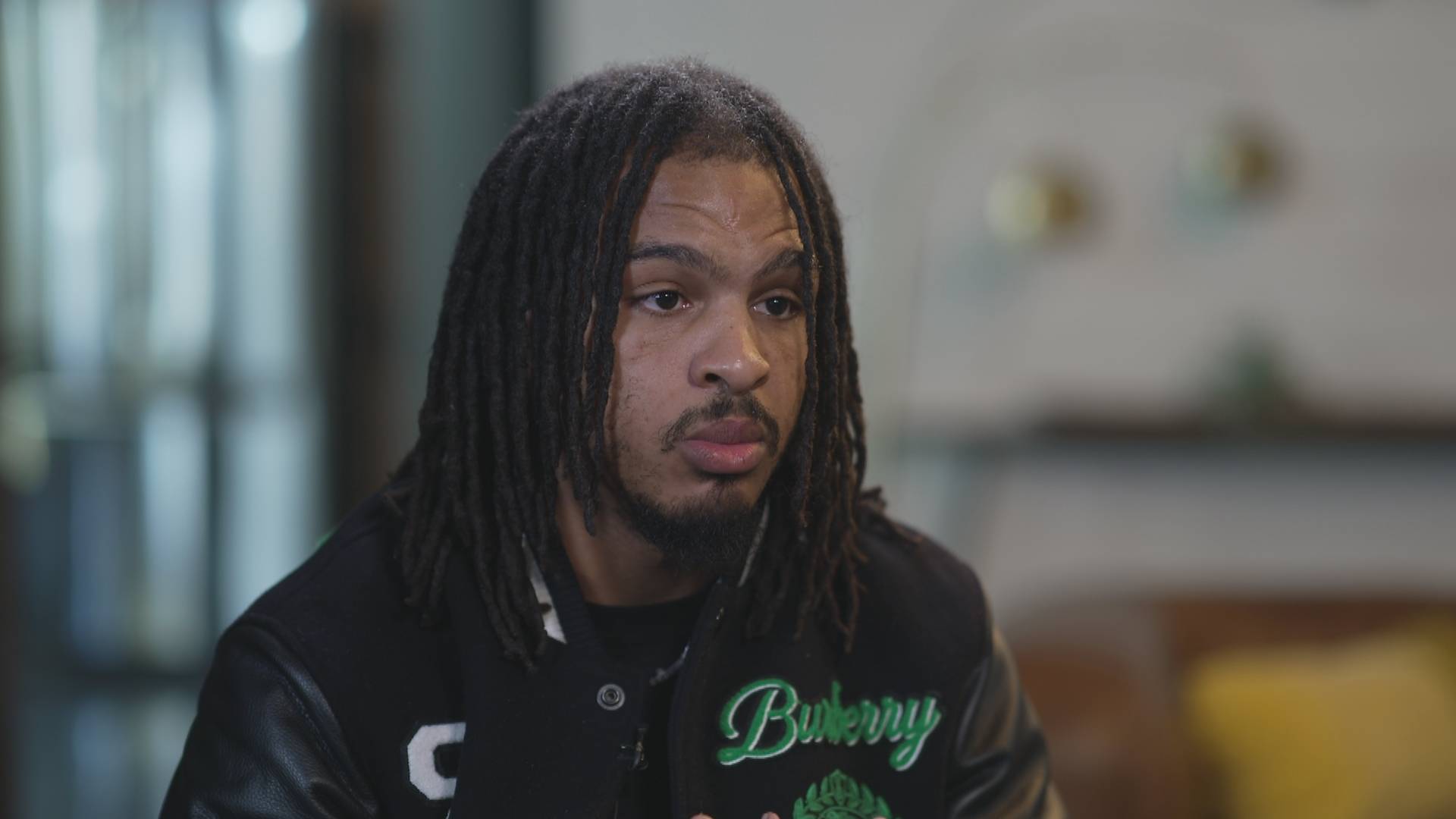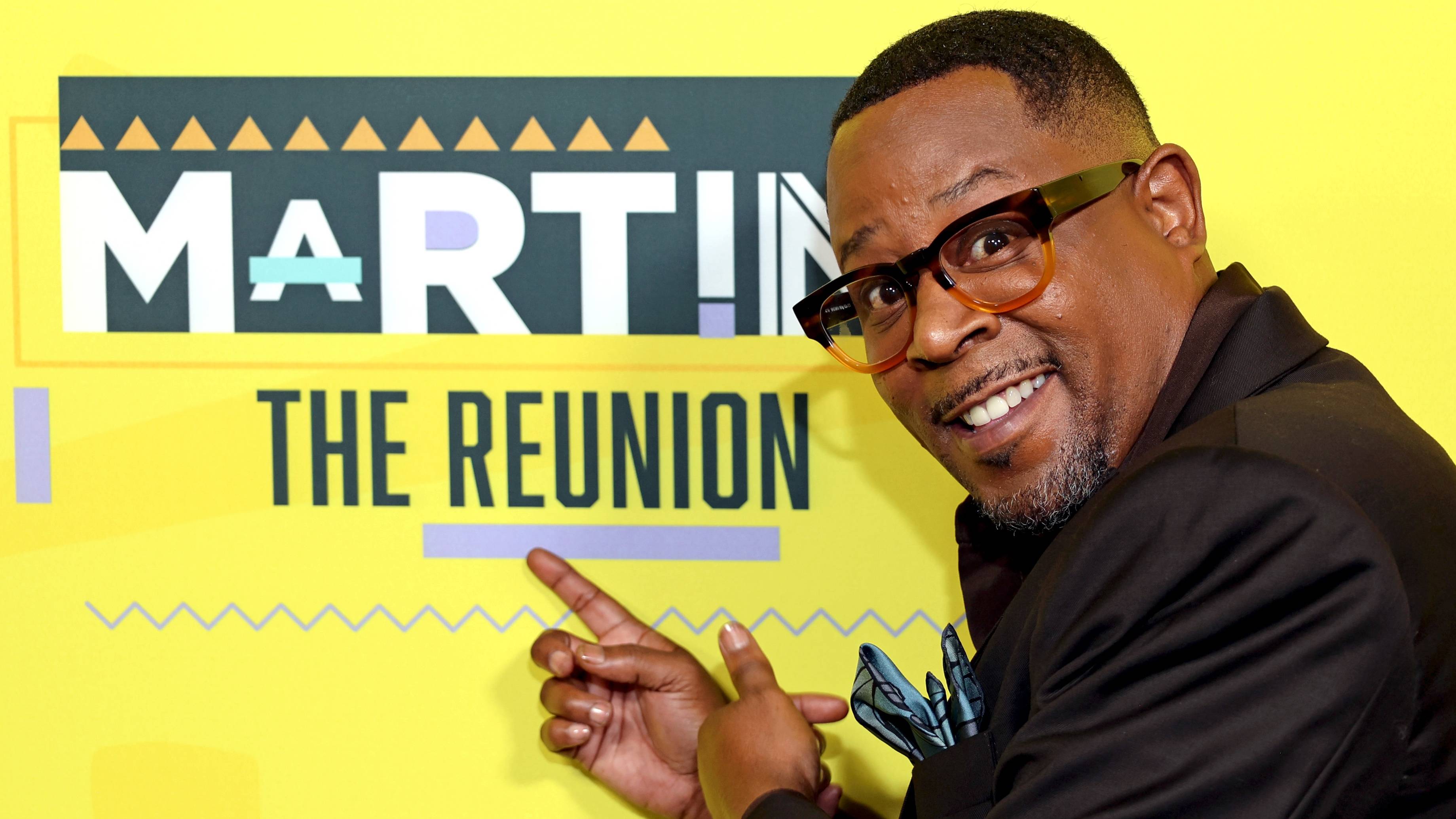Exclusive: SiriusXM Host Joe Madison Explains Why He Won't Eat Until Congress Passes Voting Rights Bill

Joe Madison, known widely as the host of a popular morning talk show on SiriusXM radio as well as a civil rights and human rights activist, has long been an advocate for voting rights. However, the failure to move the John Lewis Voting Rights Act through the Senate because of Republican filibustering is pushing him to take a more drastic step to encourage its passage.
Last week the 72-year-old radio legend, also known as the “Black Eagle” began a hunger strike to send a strong message about why it needs to be passed and that he is willing to continue to go without solid food for as long as it takes.
The Lewis bill would have restored vital provisions of the 1965 Voting Rights Act that protect citizens’ ability to cast ballots. But Republican lawmakers in the Senate stonewalled the legislation using the filibuster, which is simply an extended debate over legislation that would take 60 votes to overcome. Still, Democrats did not have despite having a majority.
Madison realizes that what he is doing does not come without risk, but this is also not his first time using this method of protest. In fact, human rights icon Dick Gregory was a mentor of his, and he had joined him in hunger strikes decades ago.
Madison spoke with BET.com about why he is doing this and what he hopes to accomplish with this strike.
RELATED: Radio Host Joe Madison Goes On Hunger Strike To Push Congress Into Passing Voting Rights Bill
BET.com: There are many ways to protest, such as marches, social media campaigns, boycotts. Why do something so extreme? Why a hunger strike?
Joe Madison: Because what the United States Senate is doing is extreme—this is what it’s going to take. I think that abstaining from eating solid food sends a signal that somebody out here cares.
I always try to relate historically. At the end of the first Reconstruction in 1877, with the Hayes- Tilden compromise, white southerners were very upset with how their political power had changed, and they agreed to strike a deal with [President Rutherford B.] Hayes. That resulted in assassinations, intimidation of Black politicians and citizens and their white allies.
For the next 70 plus years, it literally changed the culture of the South. And it ended, in essence, the first Reconstruction. We are on the verge of what I would refer to as the end of the second Reconstruction.
There have been some parallels. The first thing the Republicans went after in the Senate was our voting rights. Chief Justice John Roberts wrote a decision in Shelby County v. Holder that stripped one of the key provisions from the Voting Rights Act, and immediately the next day, states started introducing voter suppression laws.
Donald Trump loses the presidential election, in large part because of the voting power of Blacks in Georgia, Wisconsin, and Pennsylvania. After that, legislators in 49 states introduced over 400 voting rights and voter suppression laws, and 19 states enacted voter restriction laws.
So the point I’m making is we are seeing a similar reaction with people in this country who are using voter restriction laws to take away our political power.
BET.com: This is day nine; how are you feeling?
Madison: My spirits are high, but I've done this before. This is not my first rodeo. I've been on hunger strikes with Dick Gregory over the years. That experience taught me a lot. Your body goes through changes but all the changes I had anticipated. So nothing is going on, physically, spiritually, mentally, that I hadn't expected because I knew that there was the possibility that I would be in this for the long haul.
One of the things that I did before taking this form of protest was to get a physical and get a baseline of where I am physically. The only challenge that I thought I might have was a PSA that had spiked a few weeks ago, unrelated to the hunger strike. But the oncologist told me that the hunger strike would not impact any prostate cancer problems that I had experienced. So it's something that everything that I anticipated is pretty much what I'm going through.
BET.com: So the Senate, Democrats in the House have pushed the John Lewis voting rights act through, but it's come up against a brick wall thanks to Republicans and filibustering. Do you think they are taking what you are doing seriously?
Madison: I think we have to admit that it certainly was a low point in Senate history. The Republican senators walked away and rejected our right to have unobstructed voting. That's why I took the position to reject solid food until at least 10 Republican senators would support a fundamental right of our Democracy.
Food is essential to the sustaining of life. Well, so is the vote fundamental to sustaining Democracy. So I can't answer that question, I don't know. Since I began my hunger strike, I haven't heard from a single Republican U.S. Senator. But—and I'm picking my words very carefully—I think it is rather hypocritical of them to suggest that the Black vote is important and then turn around and not protect that right to vote. Plus, state legislators have introduced voter suppression laws that strip our rights away from us.
For example, taking away "Souls To The Polls" in some states; state legislators who are now in the process of redrawing congressional districts and state legislative districts; eliminating congressional seats that are that are important to particularly African Americans like in Texas, redrawing a congressional district that has that has Sheila Jackson Lee running against Al Green and forcing them into court to to prevent that from from happening.
So this is a red herring. They are interested in introducing something that boils down to nothing more than going after and curtailing the Black vote, the vote of young people, and the vote of people with disabilities—therefore limiting the political power of all of the groups mentioned above.
RELATED: Civil Rights Groups Join to Offer Scorecard on Elected Officials’ Voting Records
BET.com: I know you're determined and serious. Are there others joining you in the strike?
Madison: I've heard that people have, and people have asked. But I do not encourage that. This is very personal to me. But what I think people need to understand is that this is not about a moment but a movement. The one thing we have to realize is that all movements require sacrifice. So we have to be prepared, all of us, to make whatever sacrifices we think will get us to where we need to go.
I'm doing this in solidarity with organizations that have been demonstrating, like People for the American Way, the NAACP, the National Coalition on Black Civic Participation.
So, this is my way of making not only a political but a moral protest. Hunger strikes are not new. I encourage people to do what they think is best to move the needle on getting either the Republicans to do what's right or support the Democrats that have introduced and voted on the John Lewis bill and are prepared to vote on other voting rights protection.
BET.com: Earlier this year, I would have thought that with Democratic majorities in the House and Senate, voting rights would quickly have passed. But we're going into the 2022 midterms with potential losses in both houses. These bills may be even more threatened. What should the strategy be, then?
Madison: The reason it's been difficult is because of the filibuster. That's why I am encouraging President Biden. He has to clear the path, which means either adjusting or eliminating that archaic rule that the Senate has called the filibuster.
I can tell you that if the House and the Senate switch in the midterm elections, to be honest with you, all bets are off because Donald Trump would, in essence, do what the white southerners did at the end of the first Reconstruction, and we would see our our our voting power diminished.
BET.com: Dick Gregory is the first person who comes to mind when I think of hunger strikes. He's done them for everything from Native American rights to protesting Vietnam to fighting police brutality. What roadmap did he leave you for doing this?
Madison: The roadmap was first a lack of fear, one. Two, he taught me how to meditate, and that's extremely important (laughs). I laugh because food is everywhere. When all of a sudden you abstain from something, you realize how prevalent it is. One of the things he did was put together a team of individuals, doctors, and nutritionists. And I reached out to Christian Gregory, his Son. I talked to him; he and I reviewed Dick's formula.
I'm taking an approach with no solid foods, a lot of meditation, and on and off days with juices and water. And that's the formula that I learned from Dick Gregory. One of the most prolonged hunger strikes that I went on with his guidance was three months.
BET.com: You said you intend to carry this strike forward until the John Lewis Act or the Freedom to Vote Act is passed. That may be a while, so politically, what is your message?
Madison: My message is very clear: There is nothing more important than the vote. I'm saying to you, I'm saying to them, I'm saying to the president of the United States, it is as important if not more important than the infrastructure bill he just signed. The reason I say that is we put that pen in his hand in which he signed that bill into law. Our vote gave him the power to do what he had to do to get this historical transformational bill passed. It all started with the vote.
So that's the message that I'm sending. Voting is essential to maintaining Democracy as food is essential to maintaining life. I don't think it has to be overstated. I don't think it's complicated.
This interview has been edited and condensed for clarity.





